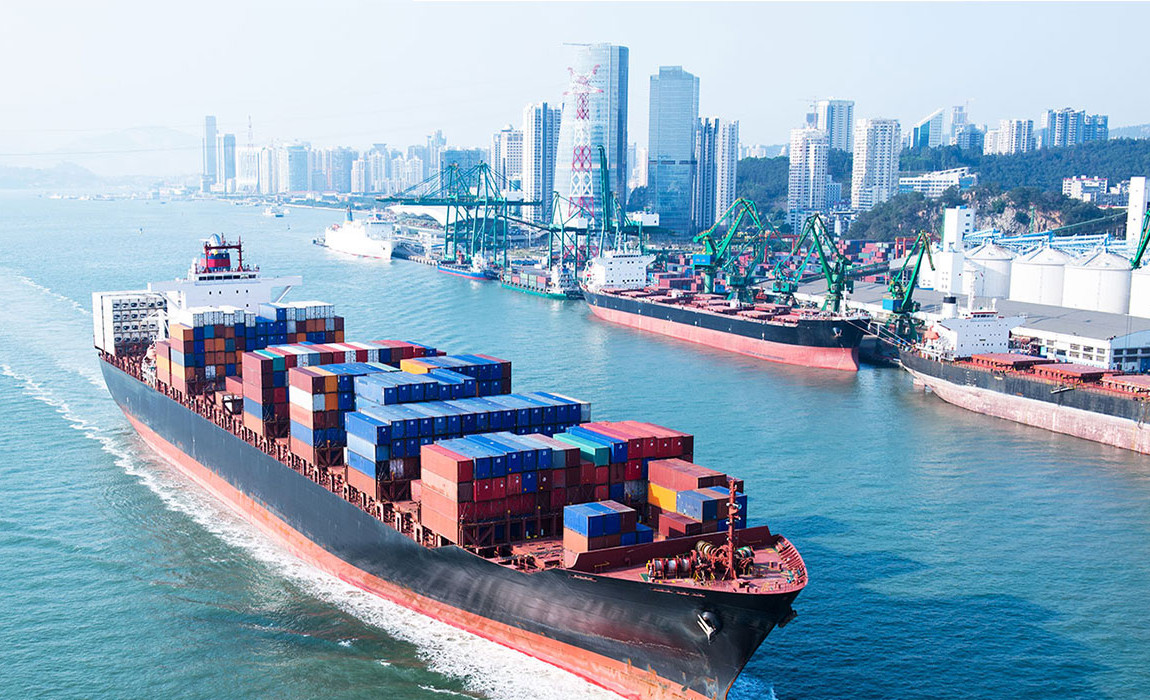Learn the risks and accidents covered by international logistics insurance.
Logistics plays a key role in the global economy, enabling an efficient distribution of goods and products around the world. However, as the supply chain becomes more and more complex, the risks associated with shipping and delivery merchandise grow bigger as well.
Therefore, having international shipping insurance is essential to protect a company’s business. That kind of insurance is provided by specialized companies, which may be based in multiple countries and operate globally – for example, a UK-based insurance company may emit policies from its London HQ while having branches or agents in other countries to meet the needs of international clients.
Logistics Insurance for Every Need
The international logistics insurance industry has multiple policies, each of them designed to meet specific needs of the international shipping process, including:
Cargo insurance
These policies cover potential damages or losses during shipping, whether by land, air, sea, or rail, from the moment the cargo departs its point of origin until it arrives in its final destination.
Public liability insurance
These policies protect their holders from claims of damages caused to third parties during transportation, including damages to property, personal injury, or financial loss.
Warehousing insurance
These policies cover potential damages or losses while the merchandise is stored in third-party facilities such as warehouses and distribution centers.
Single-shipment cargo insurance
These policies are issued for a single shipment and provide specific coverage for it.
Regarding their cost, policies may vary depending on several factors, including:
- Type of merchandise.
- Stated value.
- Shipment route.
- The policyholder’s claim history.
- Desired coverage and terms of the insurance contract.
What is covered by international logistics insurance?
International logistics insurance covers a wide range of risks and potential incidents during the global shipping and delivery of merchandise. Minimal coverage may vary depending on the type of cargo and legal requirements of the countries involved in the operation and may include:
Damages Caused by Accidents during Shipping
Damages caused by crashes, capsizes or other accidents.
Merchandise Theft/Loss
Either total or partial theft/loss during shipping.
Fire or Explosion During Shipping
Spillage
Spillage of liquids that may damage the merchandise.
Civil Liability
Damages caused to third parties during transportation, including damages to property, personal injury, or financial loss.
Since these damages may vary, you should review the terms and conditions of your policy, as they might include additional requirements or coverage options depending on the client’s needs and preferences.
Insurance for Tech Companies
Companies in the tech industry have specific insurance options for them. As these companies handle high-value products, they need robust coverage to protect those products from the risks associated with shipping their merchandise globally.
Some insurance companies offer special policies to protect against damages or losses caused to electronic products, computing components and other tech equipment.

When looking for international logistics insurance, companies that sell or ship merchandise globally can seek options that include coverage for business disruptions, providing compensation for financial losses and costs associated with resuming operations after an adverse event.
Each insurance company and each policy may have its own terms and conditions, so you’ll want to seek adequate advice and work with insurance professionals specializing in international logistics.
If you have any questions about this topic, please do not hesitate to contact us.





